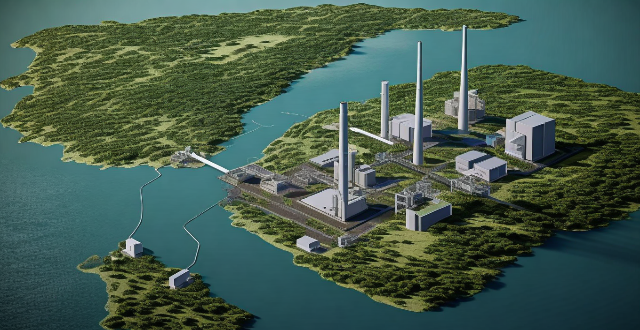Climate data analysis is crucial for predicting climate change, but accuracy depends on factors like data quality, models used, and assumptions about future emissions. Data collection from satellites, weather stations, and ocean buoys can be affected by equipment malfunction, human error, and natural variability. Scientists use complex computer models to analyze this data, which must accurately represent interactions between different components of the climate system. Predictions also depend on assumptions about future greenhouse gas emissions based on scenarios of population growth, economic changes, energy use, and technological development. Despite these challenges, scientists continue to improve understanding of the climate system and develop more accurate predictions.

Accuracy of Climate Data Analysis in Predicting Climate Change
Climate data analysis is a crucial tool for predicting climate change. However, the accuracy of these predictions depends on several factors, including the quality of the data, the models used for analysis, and the assumptions made about future greenhouse gas emissions.
Data Quality
The accuracy of climate change predictions largely depends on the quality of the data used. Scientists collect vast amounts of data from various sources, such as satellites, weather stations, and ocean buoys. The accuracy of this data can be affected by factors such as equipment malfunction, human error, and natural variability in the climate system.
Key Points:
- Data Collection: Data is collected from various sources, including satellites, weather stations, and ocean buoys.
- Equipment Malfunction: Faulty equipment can lead to inaccurate data collection.
- Human Error: Human error during data collection or analysis can also impact accuracy.
- Natural Variability: Natural fluctuations in the climate system can make it difficult to identify long-term trends.
Models Used for Analysis
Scientists use complex computer models to analyze climate data and make predictions about future climate change. These models simulate the Earth's climate system and its interactions with the atmosphere, oceans, and land surfaces. The accuracy of these models depends on their ability to accurately represent these complex systems and account for all relevant factors.
Key Points:
- Complex Computer Models: Scientists use sophisticated computer models to simulate the Earth's climate system.
- Model Representation: The accuracy of these models depends on how well they represent the complex interactions between different components of the climate system.
- Relevant Factors: All relevant factors, such as greenhouse gas emissions and aerosol concentrations, must be accounted for in the models.
Assumptions About Future Greenhouse Gas Emissions
Predictions about future climate change also depend on assumptions made about future greenhouse gas emissions. These assumptions are based on scenarios that describe possible future changes in population, economic growth, energy use, and technological development. The accuracy of climate change predictions therefore depends on the accuracy of these assumptions.
Key Points:
- Emission Scenarios: Predictions about future climate change are based on scenarios that describe possible future changes in population, economic growth, energy use, and technological development.
- Accuracy of Assumptions: The accuracy of climate change predictions depends on the accuracy of these assumptions about future greenhouse gas emissions.
In conclusion, while climate data analysis is an essential tool for predicting climate change, its accuracy depends on several factors, including the quality of the data, the models used for analysis, and the assumptions made about future greenhouse gas emissions. Despite these challenges, scientists continue to improve their understanding of the climate system and develop more accurate predictions about future climate change.